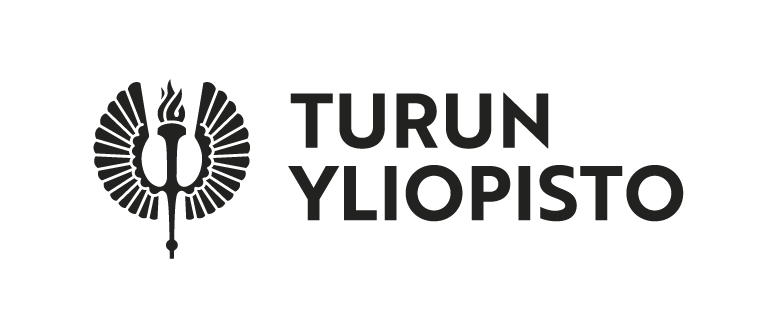Digitalized Mental Health Literacy Intervention for 1st Year University Students (Transitions/ Kohti uutta)
Outcomes include: Knowledge about mental health, attitudes towards mental health problems, stigma, help-seeking behavior, perceived stress and general health.
There are many barriers for seeking help in mental health care services, including lack of knowledge about and negative attitudes towards mental disorders and treatment, and poor access to appropriate care. Educational interventions on Mental Health Literacy (MHL) – understanding how to obtain and maintain good health, understanding mental disorders and their treatment, decreasing stigma and enhancing help-seeking behavior – are needed to promote good mental health.
First year at the university is a challenging phase at a young adult’s life. According to many studies, especially medical students have a high risk of stress-related problems, mental health problems, depression and anxiety due to demands of the studies and their future profession, posing a threat to their wellbeing.
Transitions/ Kohti uutta is a digital life skill package and mental health literacy program. The program comprises of self-learning contents of the program website and two lectures. The duration of the program is approximately four weeks, entailing the lectures, one at the beginning, the other at the end. Previously we showed that the first-year medical students’ knowledge about mental health increased and their attitudes towards people with mental health problems improved from before to after the program. Additionally, we found that students’ perceived stress and emotional symptoms, mainly anxiety and depression, were alleviated. The medical students found the program helpful. (Kurki, Gilbert et al. 2021: BMC Med Educ 21, 563, 2021).
Transitions has also been tested in a cross-cultural setting. Our international collaborators Professor Sigita Lesinskiene, Professor David Ndetei, Professor Beatriz Moyano, Dr Fransiska Kaligis and professor Liping Li with their teams translated and culturally adapted the Transitions program to suit the Lithuanian, Kenyan, Argentinean, Indonesian and Chinese contexts, respectively. The study was conducted during the lockdown period of the Covid-19 pandemic and the two lectures were conducted online. Preliminary findings suggests that similarly to the Finnish setting, mental health literacy increased during the program at least in Lithuania and Argentina (unpublished).
